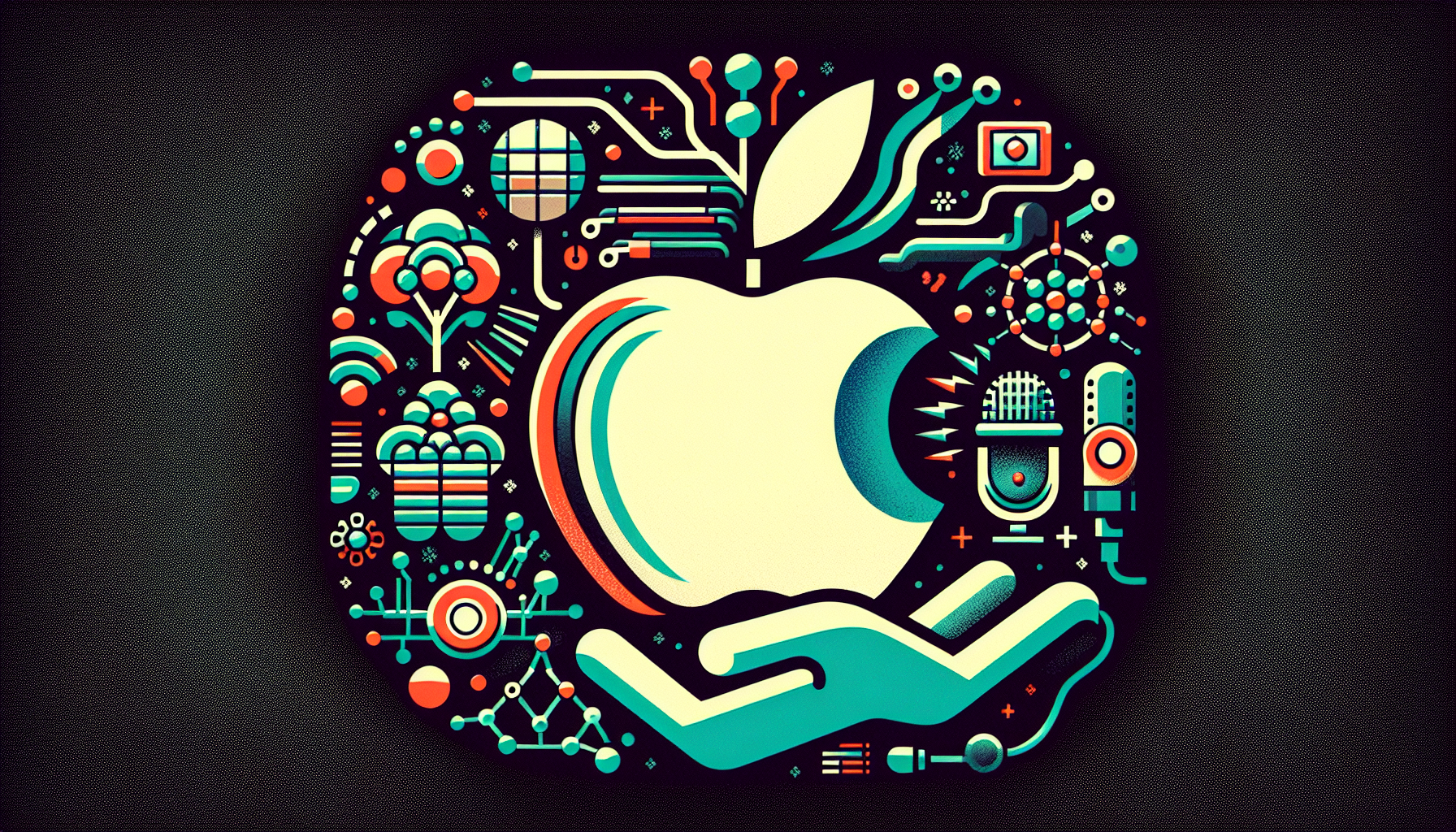Apple is preparing a remarkable transformation for Siri, its well-known virtual assistant. After years of anticipation and some setbacks, Apple plans to unveil a powerful new version of Siri in the spring of 2026. This update will mark a major leap forward, driven by advanced artificial intelligence—technology that seeks to understand and communicate like a human being.
The Path to a Smarter Siri
This upgrade has been in the works for some time. Apple initially aimed to reveal the new Siri in 2024, but faced technical difficulties that required more time. Now, the company has set its sights on spring 2026, aiming to deliver this significant update alongside an iOS release that typically arrives in March.
Developing this next-generation Siri has not been easy. Apple’s engineers attempted to build on top of both older and newer technologies, but the combination proved challenging. About one in every three attempts to use the system failed during testing, creating instability that could not be overlooked. In response, Apple decided to reorganize its teams. Leadership of Siri shifted from John Giannandrea, the former head of AI, to Mike Rockwell, who crafted the Vision Pro headset, and Craig Federighi, Apple’s software chief. This new direction reflects Apple’s renewed dedication to giving Siri a brighter, more capable future.
What the Upgrade Means for Users
This new Siri will represent far more than a simple voice assistant. Powered by large language model (LLM) AI—the same type of technology behind chatbots like ChatGPT—Siri will soon be able to handle complex, multi-step tasks. It will connect more closely with the apps and information on your device, making it possible for Siri to provide help and answers that are relevant, timely, and deeply tailored to your needs.
For example, instead of carrying out only basic requirements, Siri will understand context and allow users to manage apps, schedule tasks, or search for information in a way that feels intuitive and fluid, as if speaking to an attentive assistant rather than a machine. Apple’s vision is for Siri to learn from your preferences and habits, delivering responses and suggestions uniquely suited to you.
AI Across the Apple Ecosystem
Apple’s ambitions extend beyond Siri. The company is quietly infusing AI into other important parts of its ecosystem. In the App Store, new features will use AI to help users find apps that match their personal interests, thanks to smarter, AI-driven tags. Developers and creative users will also benefit from built-in tools that use generative AI—similar to ChatGPT—to create images within their apps, unlocking new possibilities for creativity without needing outside software.
Staying in Step with a Changing Market
The path to this upgrade has not been without setbacks. Surveys reveal that most people do not yet view AI as a major reason to replace their current phones. Nevertheless, Apple is fully committed to bringing a world-class AI experience to its customers and keeping pace with the latest technological advancements. The company’s ambition is not just to catch up but to exceed expectations set by competitors and by its own high standards.
Apple is not alone in wrestling with these challenges. Amazon, for instance, has also struggled to modernize Alexa with groundbreaking AI, facing delays of its own. The race to bring more intelligent virtual assistants to daily life is complex and demanding, but Apple’s actions signal a deep resolve to succeed.
The Road Ahead
In summary, Apple’s upgrade to Siri marks a pivotal moment in the journey toward more responsive, intelligent digital assistance. By harnessing advanced AI and bringing new capabilities to Siri and the App Store, Apple is laying the foundation for an ecosystem defined by personalization, creativity, and seamless interaction. Spring 2026 promises to introduce a Siri that is more understanding, helpful, and powerful than ever before—a companion ready to meet the challenges of a new era.

Leave a Reply